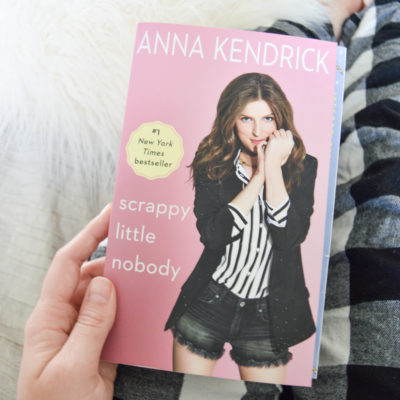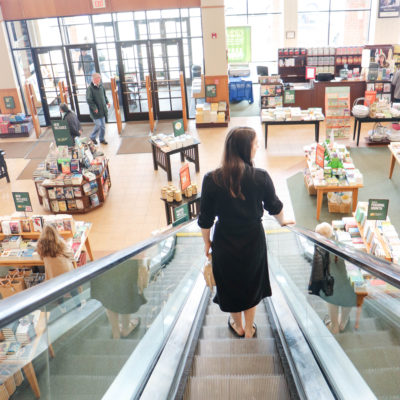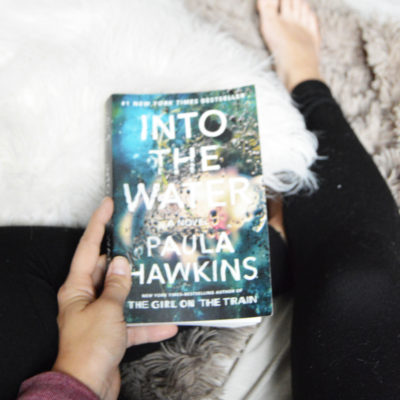My most recent read, Ken Follett’s Winter of the World, was the perfect book while the weather turned cold and the snow fell. It’s lengthy, just like all of his masterpieces, but the story is captivating.
Winter of the World is the second book in Follett’s century trilogy. The first book, Fall of Giants (which I read a year ago), journeyed through WWI following multiple families of all social classes from various countries. In Winter of the World, the story continues into WWII, following the children of the same families.
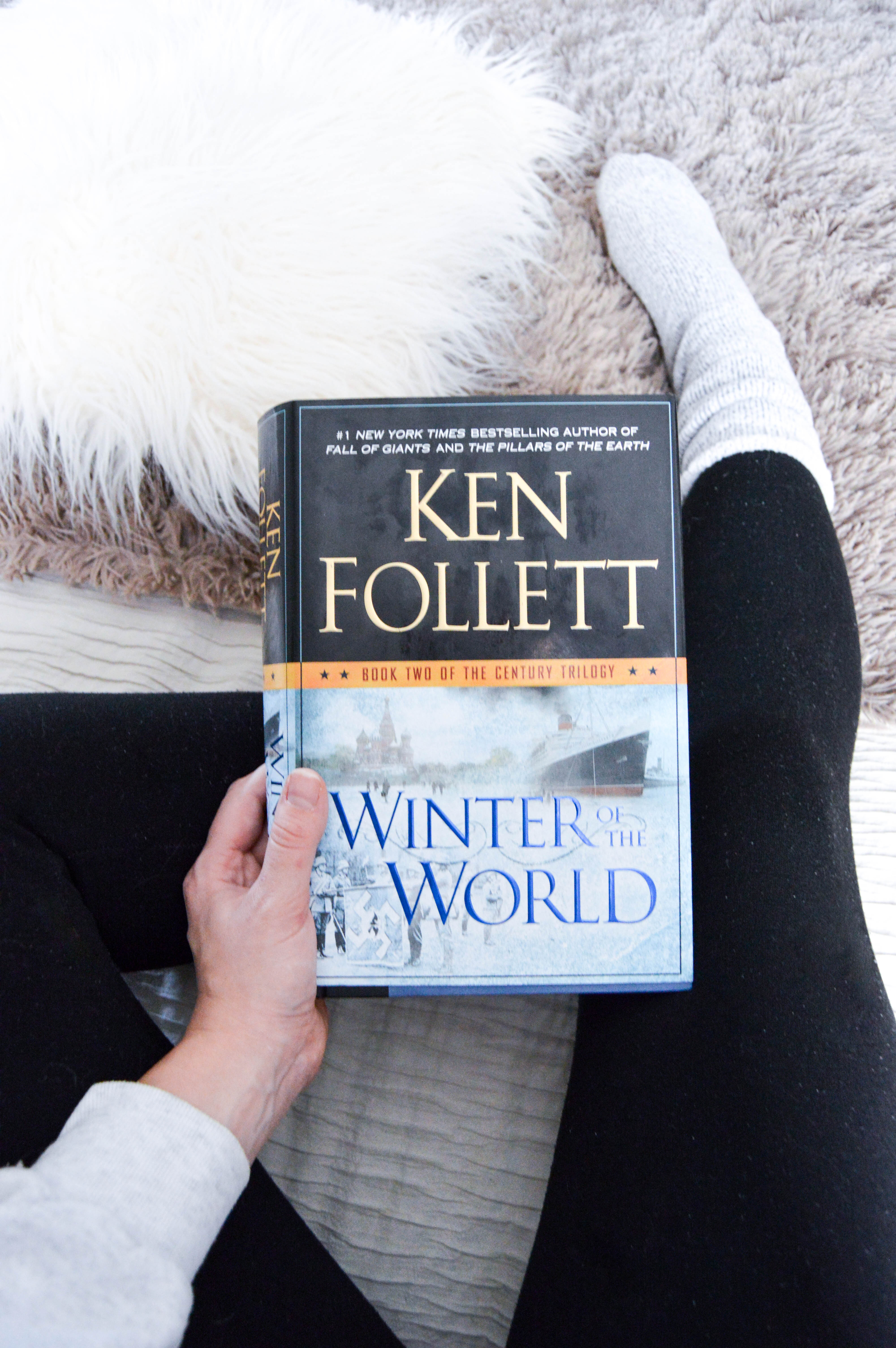
Winter of the World
These continued stories are not only affected by the turmoil their parents experienced in WWI. They also face poverty, Nazi Germany, nuclear physics, Russian spies, love and of course, loss. A sister of a Nazi soldier fights on the opposite team, spying for Russia and putting her life at risk. The son of an American politician loses his fiance to the Pearl Harbor attacks and documents history in photographs. A Russian spy learns of his family ties across the pond and battles with doing the right thing for his country. The son of a wealthy American gangster finds himself watching the first atomic bomb test. His sister busies herself rescuing people from the rubble of London bombings while her love fights in Spain.
Follett has a beautiful way of interacting his characters. They cross paths, whether they realize it or not, and their actions affect each other more than they’d ever be able to know. The way he writes could make any subject interesting. But because Winter of the World is focused on WWII – such an iconic event in history – it makes this novel even more fascinating. The families and their stories serve as fiction, but all the historical events, statistics and timeline discussed are accurate.
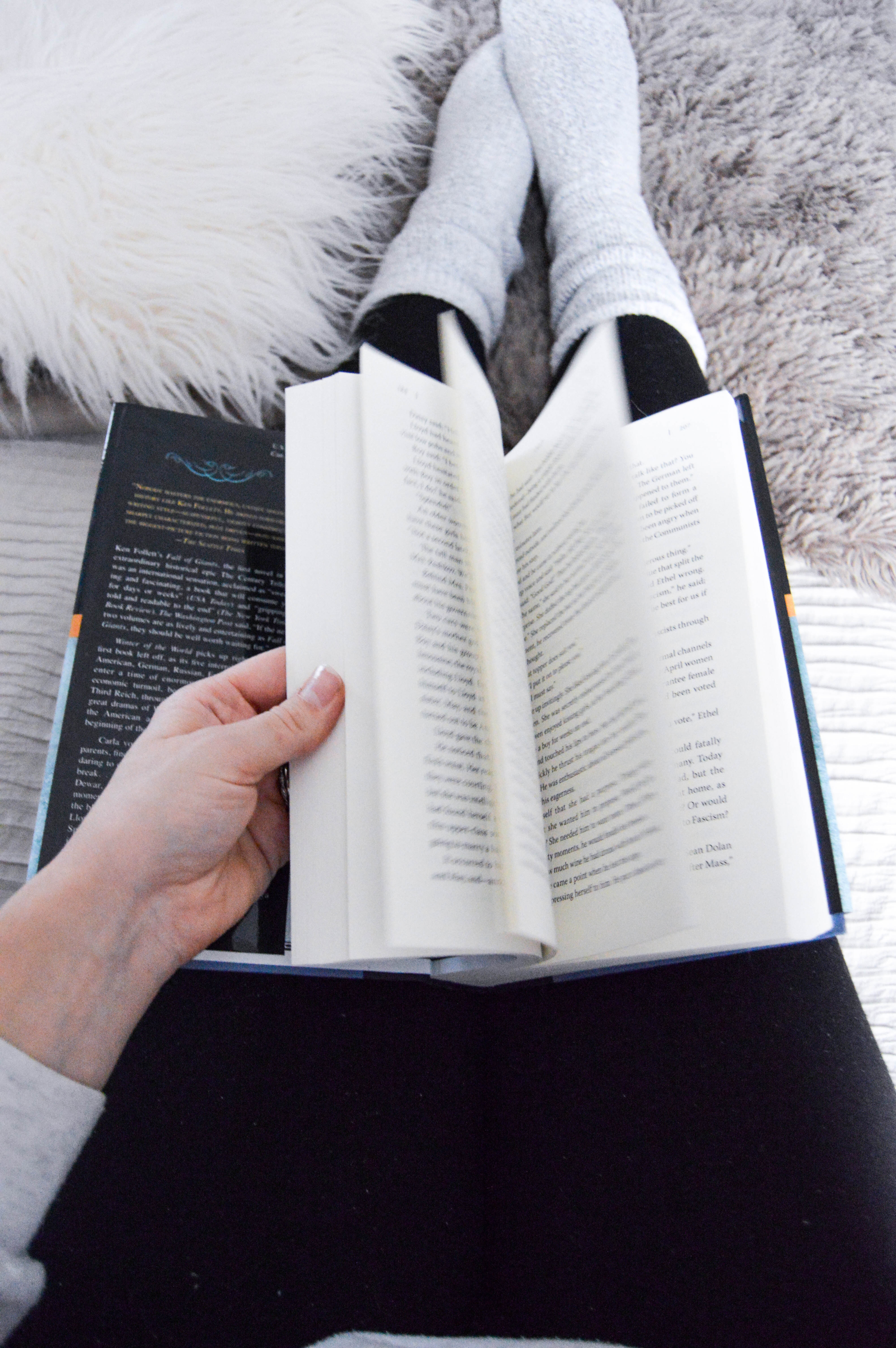
Historical fiction…
I’m telling you, it’s the best. I thought I knew enough about WWII, but turns out, I knew nothing. A lot of details stunned me. I didn’t realize how much happened prior to the United States involvement. I am not oblivious to how horrible Nazi Germany was, but some of the events Follett exposed were still beyond sickening. Germany was basically left in shambles and I now understand how the country became divided. Obviously nuclear bomb technology ended the war, but I didn’t realize how strained the Russia-US relations really were, even back then.
In summary, I will highly recommend this book and, honestly, any Ken Follett work over and over. I won’t lie when I say I struggled a bit with Fall of Giants (the first in this trilogy). There was a lot more focus on actual war battles versus in Winter of the World, there is just so much happening outside of battle. Could you read one without the other? I would say yes. Although you might not understand some of the family connections, it’s not all vital to the whole story. Plus, I think getting more familiar with the history is most important.
The third book in the century trilogy is Edge of Eternity which happens during the Cold War. I’m dying to start, but I have a few shorter novels on my list first.
Do you like historical fiction? Or have you read any Ken Follett before?
xoxo. B

